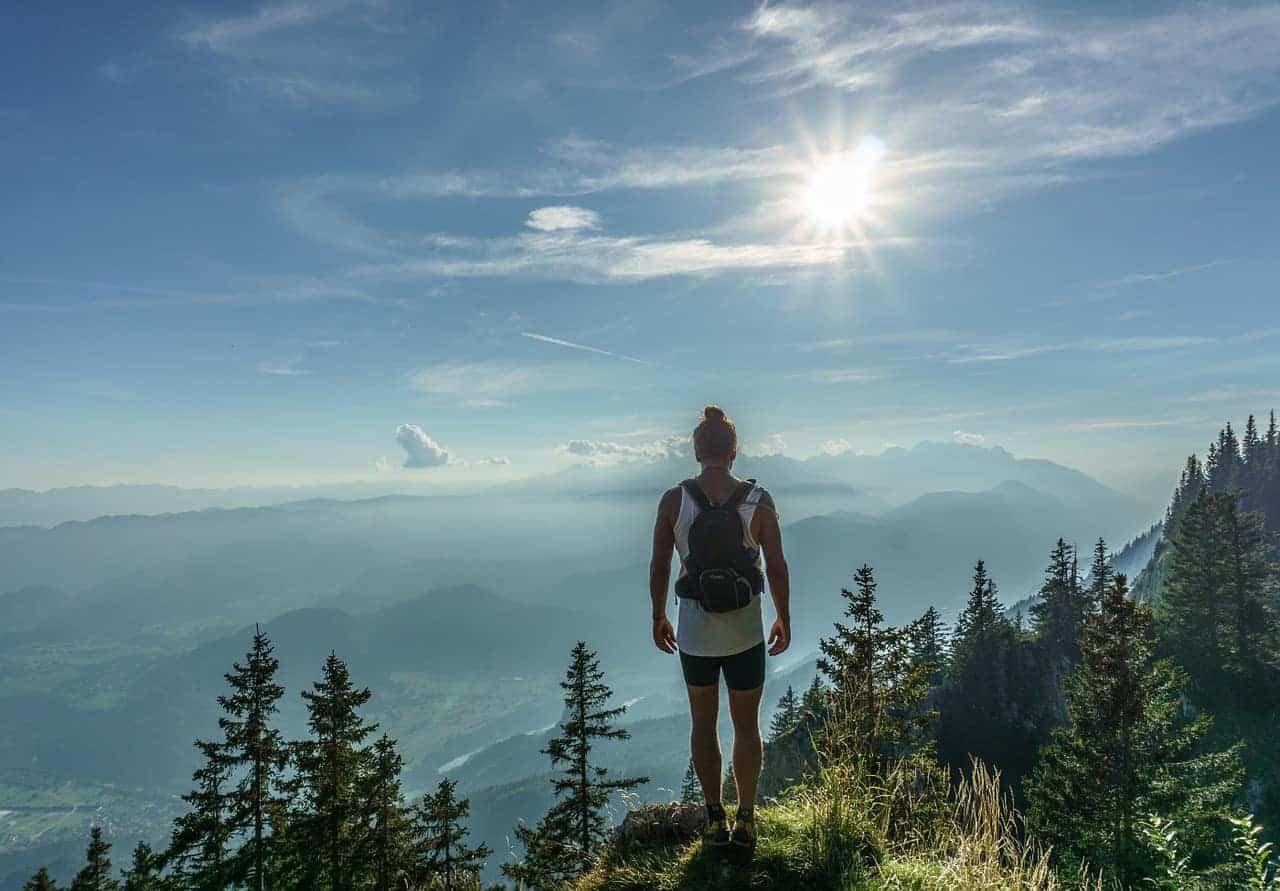Tag: peru travel tips
Peru
Peru is a fabulous destination for trekking. Whether it be hitting the 2400m mark of the Inca Trail to Machu Pichu or the dizzying heights of Ausangate at 6000m above sea level, preparation for travelling at altitude is key.
At heights of 2500m and above, air pressure is only half of what it is at sea-level, leading to a reduction in the amount of oxygen available. This ascent to high altitude is what causes altitude sickness, or acute mountain sickness. Subsequently, if one rapidly ascends to high altitude, and the body has not had sufficient time to acclimatise, altitude sickness can occur.
Mild symptoms can include:
- Nausea
- Headache
- Vomiting
- Sleeplessness
However, altitude sickness can quickly evolve into more serious forms that affect either the lungs or the brain. Specifically, pulmonary or cerebral odema (a build-up of fluid in the lungs or brain) can develop, which can be fatal.
Best Preventions
- Ascend to altitude slowly
- Do not exceed a sleeping altitude of 10,000 feet for the first few nights
- Do not exceed your sleeping altitude by 1000 feet per day
- Ensure you maintain good hydration and nutrition
Is there medicine for altitude sickness?
Many people who are travelling to altitude use DIAMOX (Acetazolomide). These are tablets that can help speed the body’s acclimatisation, and they are available at Fleet Street Clinic. Acetazolomide can be used as both a preventative medicine and as a treatment.
Additional Information
It is recommended that all travellers are up to date with their routine immunisations when travelling to Peru. All travellers should ensure that they have received a vaccination against diphtheria, tetanus, and polio in the last ten years. All travellers are advised to ensure they have been vaccinated against Hepatitis A and Typhoid.
There may be a need for additional immunisations. Depending on the nature of the trip, destinations visited, and the duration of both travel and activities, other vaccinations could be considered. These include:
- Hepatitis B
- Rabies
- Meningitis ACWY
- Cholera
There is a risk of malaria in areas of Peru and antimalarial medication may be advised. Furthermore, prevention against insect bites in Peru is essential.
FLEET STREET TRAVEL CLINIC
Book your travel appointment today
By Anna Chapman | Travel Nurse | July 2018




